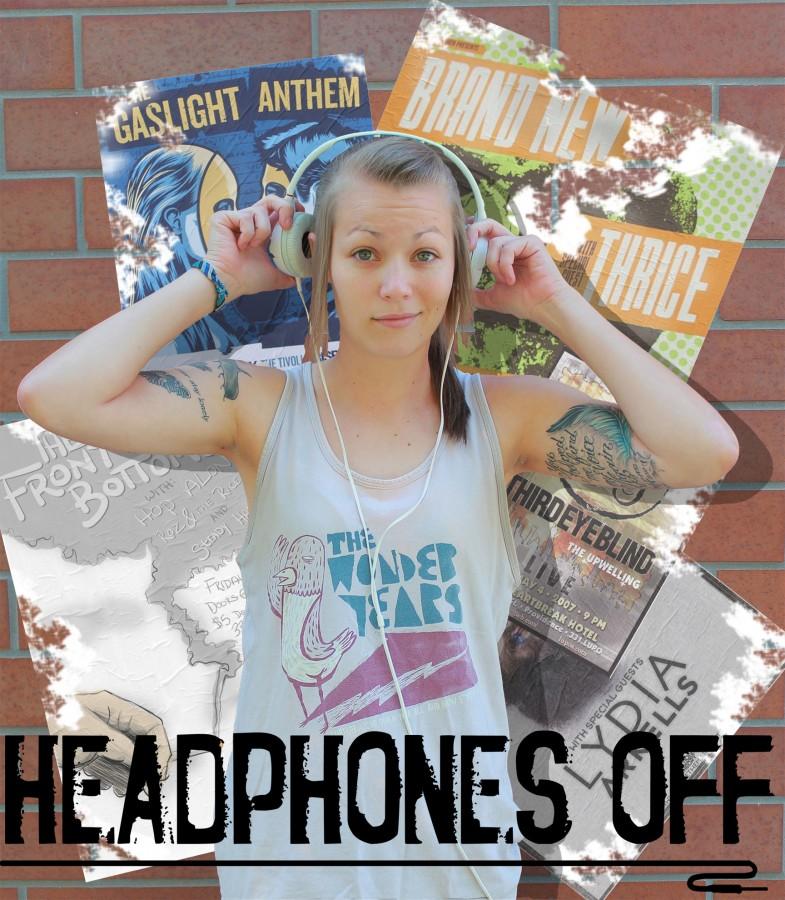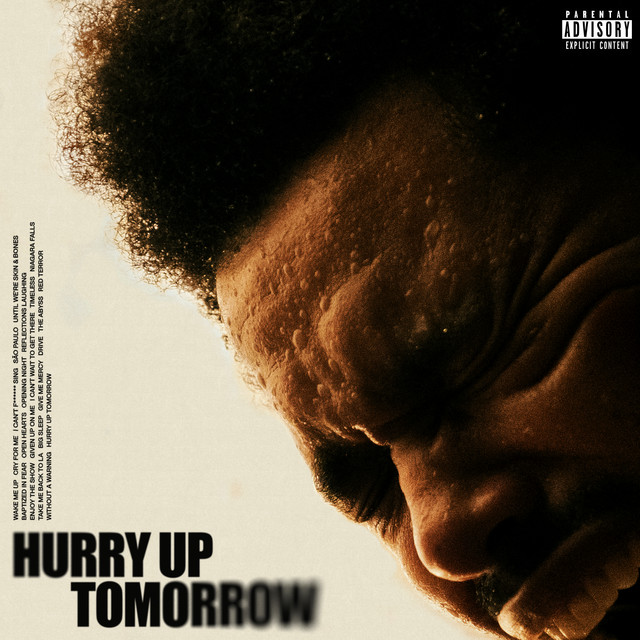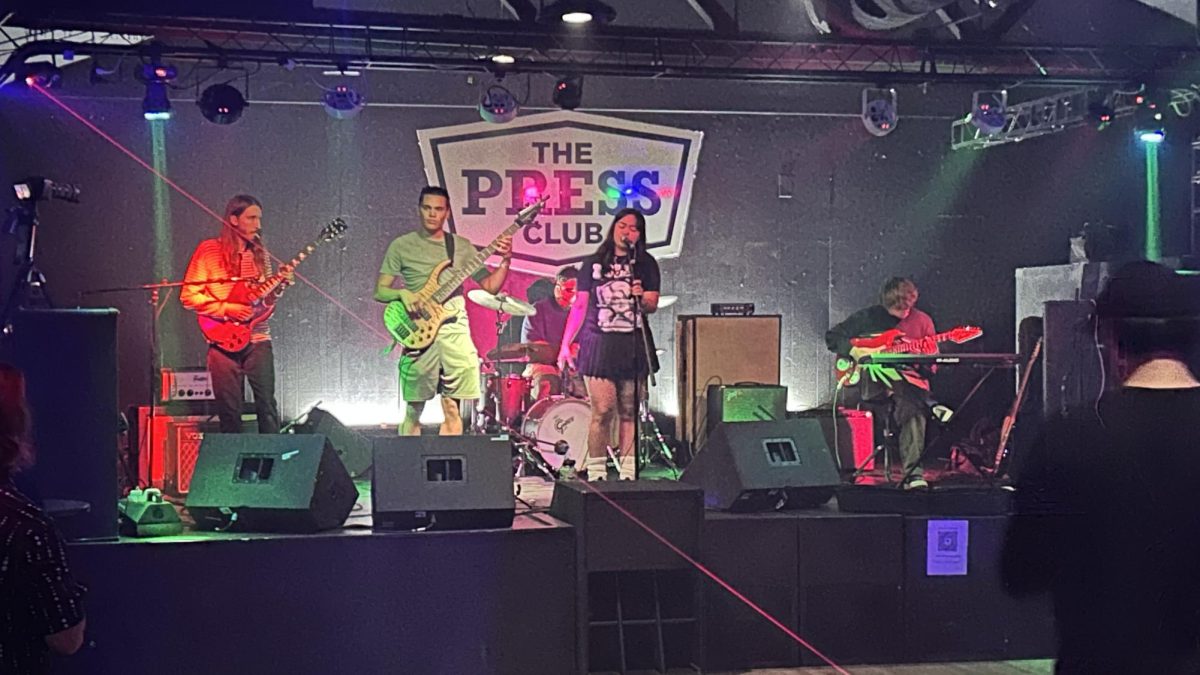Is there still such a thing as “cred” in the music industry? No, not really. Nirvana shirts are sold at Hot Topic, there aren’t any prominent east coast/ west coast rap feuds – now disputes are 140 character abominations of the English language on Twitter, and nobody comes out looking like a winner in those – and the term “sellout” is thrown around like rice at a wedding.
“I think it’s sad but safe to say that a lot of very smart people who are trying to get a specific message out sell out to the huge music industries and give it up in the name of wealth and fame,” said former ARC student Alex Rice, “but that isn’t to say that there aren’t people out there who get into music and stay true to their messages.”
Sometimes bands try too hard to “stay true” to the image they came into the industry with though, very much like the older folks still rocking ‘70s hair styles and pants. For example, Arcade Fire, one of the largest names in independent music, issued a request to fans purchasing tickets to their upcoming North American tour on Ticketmaster that read: “NIGHT OF SHOW: Please wear formal attire or costume.” Why should the band care how their fans who pay good money look when they attend? Maybe to look extra classy by association?
More often than not though, the topic of selling out turns toward how major labels such as Universal Music Group, Sony Music Entertainment and Warner Music Group control their artists.
In September, fans of Ke$ha started a petition on The Petition Site called “Let Ke$ha have creative freedom.” They believe the singer is being controlled “like a puppet” by producer/songwriter Dr. Luke. They claim in the petition that “Dr. Luke is stunting her from growing as an artist by making her sing the same generic, predictable, recycled, pop song,” and that by doing so he is “almost trying to dismantle her career.” They believe she’s being forced to sell out her former style of songwriting and is being used as a machine to pump out radio hits.
Maybe they’re right. But 6000 signatures aren’t going to get her out of an eight-album contract just two albums in. Once you’ve signed that contract, as a musician, you’ve signed away a lot of your future credibility as an artist.













